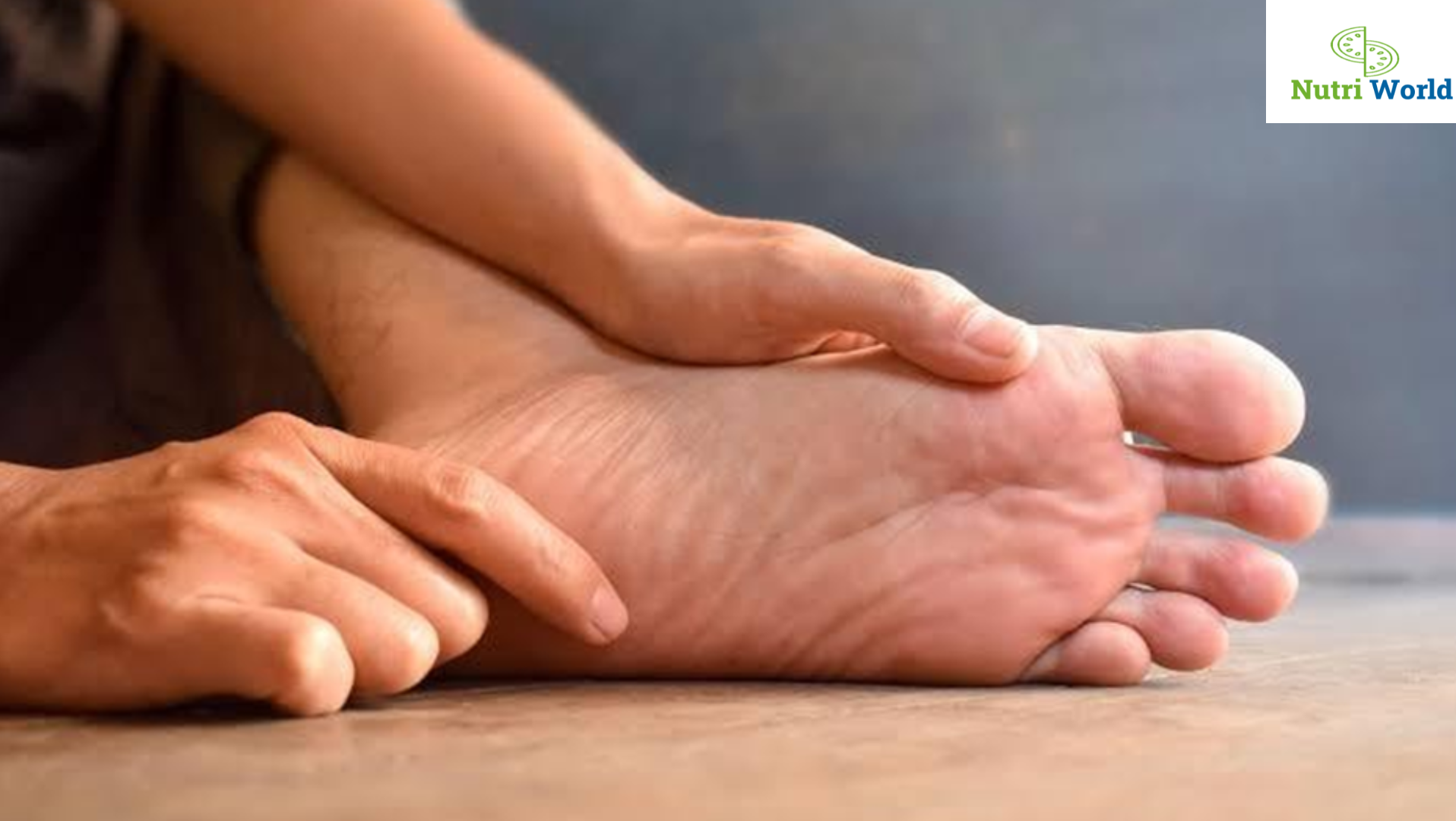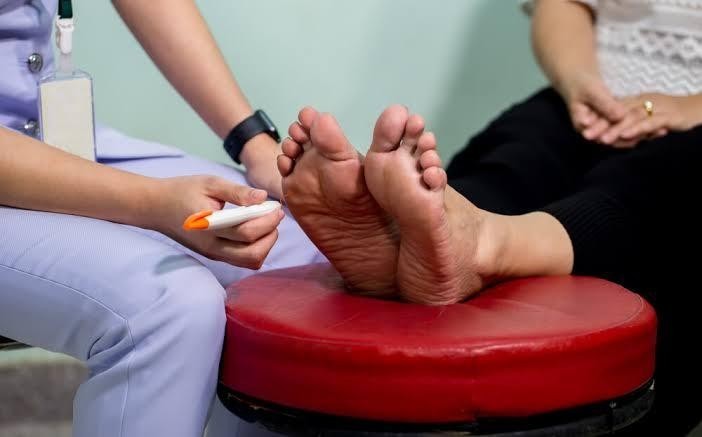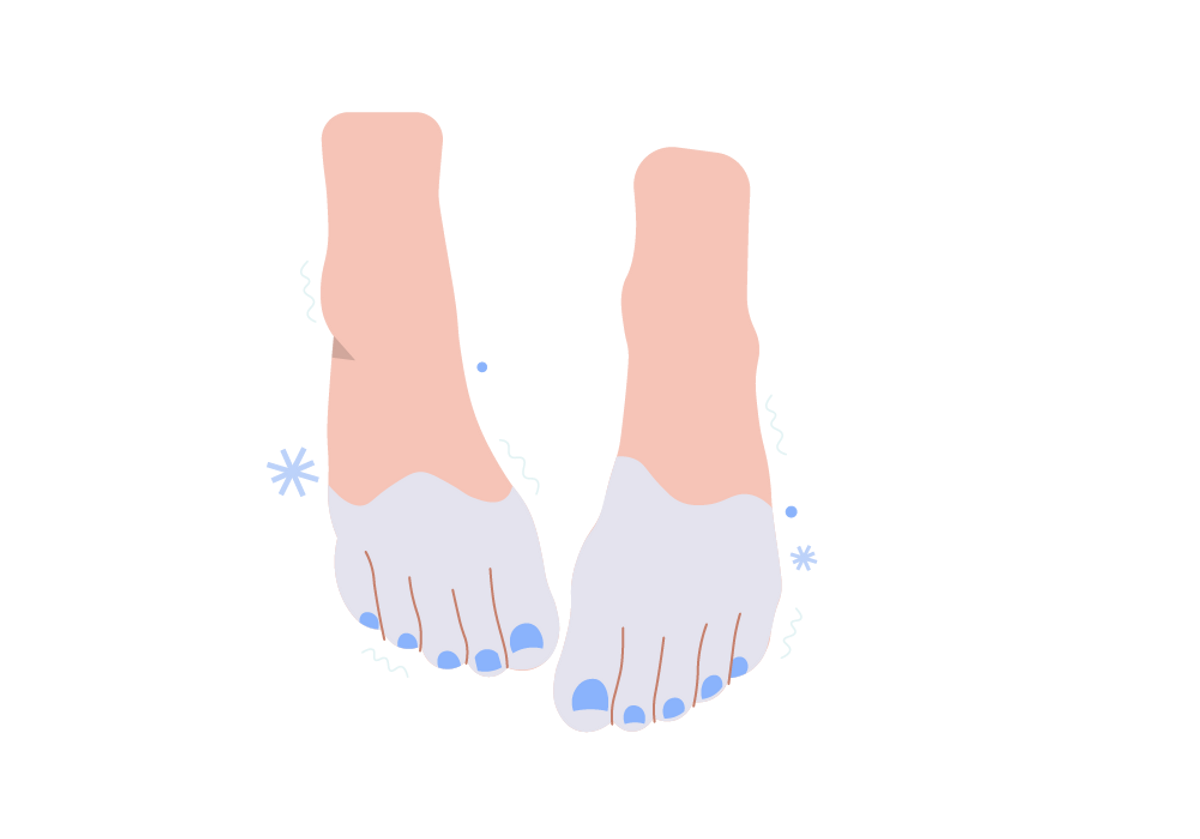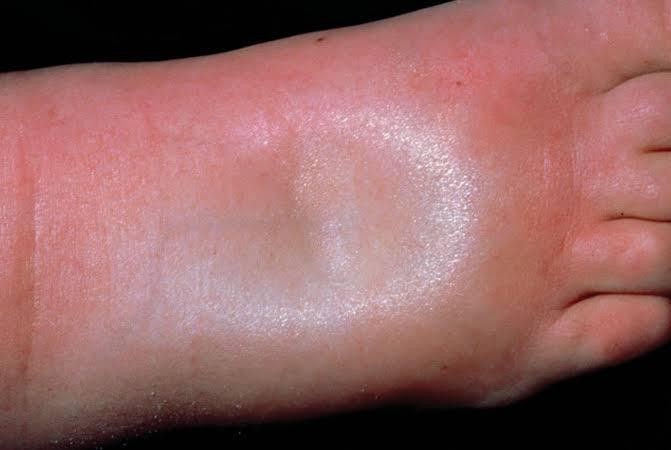
Your Feet Might Be Trying to Tell You Something
Most of us spend hours walking, standing, or running around, yet our feet get the least attention — until they hurt. But here’s something you probably didn’t know: your feet can reveal the first signs of major health issues. From heart disease to diabetes, your feet often sound the alarm before the rest of your body does.
Let’s decode the 5 foot symptoms that may signal serious health problems— and when it’s time to see a doctor.
1. Persistent Numbness or Tingling: A Warning Sign for Diabetes or Nerve Damage
A fleeting “pins and needles” sensation might just mean you sat awkwardly. But if numbness or tingling in your feet is frequent, it could be a red flag.
🚨 What it could mean:
- Peripheral neuropathy – Often caused by diabetes, this condition damages nerves in your extremities, especially the feet.
- Vitamin B12 deficiency – Low B12 levels affect nerve function.
- Multiple sclerosis – Can also cause foot tingling as an early symptom.
🩺 When to worry:
If the sensation is recurring, worsening, or affecting your balance, consult a healthcare provider immediately. Early detection of diabetes or neurological disorders can prevent long-term complications.

2. Cold Feet All the Time: Poor Circulation or Thyroid Problems
Do your feet feel freezing cold even in warm weather? It’s not just a quirk — it could indicate poor blood flow or a sluggish metabolism.
🚨 What it could mean:
- Peripheral artery disease (PAD) – Narrowed arteries reduce blood flow to the limbs.
- Hypothyroidism – Low thyroid hormone can reduce body temperature regulation.
- Raynaud’s disease – Causes blood vessels in the feet to overreact to cold.
🩺 When to worry:
If your feet are consistently cold, pale, or discolored, or if walking causes leg pain, it’s time to check in with your doctor. PAD, if ignored, can lead to heart disease or stroke.

3. Foot Ulcers or Slow-Healing Sores: Diabetes or Circulatory Issues
A cut or blister that doesn’t heal is more than annoying — it’s a serious warning signal, especially for diabetics.
🚨 What it could mean:
- Diabetic foot ulcers – Result from poor wound healing due to nerve damage and reduced circulation.
- Venous insufficiency – Poor vein function may prevent proper healing.
- Infection risk – Open sores are prone to infections, which can escalate quickly.
🩺 When to worry:
If any wound on your foot takes more than a few days to start healing — especially if it shows redness, pus, or foul odor — seek medical help right away. In diabetics, untreated ulcers can lead to amputation.

4. Swollen Feet or Ankles: Heart, Liver, or Kidney Trouble
Occasional swelling from standing all day is normal, but constant or extreme swelling (edema) can signal trouble inside the body.
🚨 What it could mean:
- Congestive heart failure – Fluid buildup is a common symptom.
- Kidney disease – Poor filtration can cause sodium retention.
- Liver disease – Reduced protein production affects fluid balance.
- Lymphatic issues – Blocked lymph vessels cause fluid accumulation.
🩺 When to worry:
Swelling that worsens daily, affects both feet, or comes with shortness of breath or chest pain is a medical emergency. Always watch for pitting edema (indentation when you press on the skin), a clear sign of systemic problems.

5. Foot Pain with Redness and Heat: Gout or Infection
Woke up with a fiery, swollen toe? It might not be a sprain — you could be facing gout or a serious infection.
🚨 What it could mean:
- Gout – A type of arthritis caused by uric acid buildup, often attacking the big toe.
- Cellulitis – A bacterial skin infection that spreads rapidly.
- Septic arthritis – Joint infection needing urgent care.
🩺 When to worry:
If the pain is sudden, severe, and localized, especially with fever, don’t wait. Gout flares can be managed with medication, but infections can turn life-threatening if untreated.

Don’t Ignore the Signs: Your Feet Are Your Body’s Early Warning System
Your feet are more than just your foundation — they’re messengers. These seemingly “small” symptoms often precede larger health crises. If something feels off, don’t brush it off.
Recap of Red Foot Flag Symptoms :

| Symptoms | Possible Health Concern |
|---|---|
| Numbness or tingling | Diabetes, nerve damage |
| Cold feet | Thyroid issues, poor circulation |
| Sores that won’t heal | Diabetes, PAD |
| Louis Hudson | Heart, liver, or kidney disease |
| Pain with redness / heat | Gout, Infection |
Take the Next Step: When to See a Doctor
Don’t wait for pain to become unbearable. If any of the above symptoms are persistent, progressive, or interfere with daily life, it’s time for a check-up.
Early intervention can:
- Prevent complications
- Improve quality of life
- Catch hidden diseases early
Final Thoughts
Your feet carry the weight of your life — and sometimes, the weight of hidden health conditions. Pay attention to what they’re telling you. Catching a health issue early, just by noticing a foot symptom, could literally save your life.

Hi, I’m Dietitian Dipanwita Saha, A Clinical Dietitian & Nutripreneur and The Founder & Director of Nutri World. I believe healthy eating should be enjoyable, balanced, and free from guilt—not about strict rules or cutting out your favorite foods. My passion lies in helping people heal their relationship with food, especially those dealing with disordered eating. If you’re looking for a supportive, judgment-free space to nourish your body and mind, I’m here to help—let’s make food feel good again.








